The Coolness of Brexit
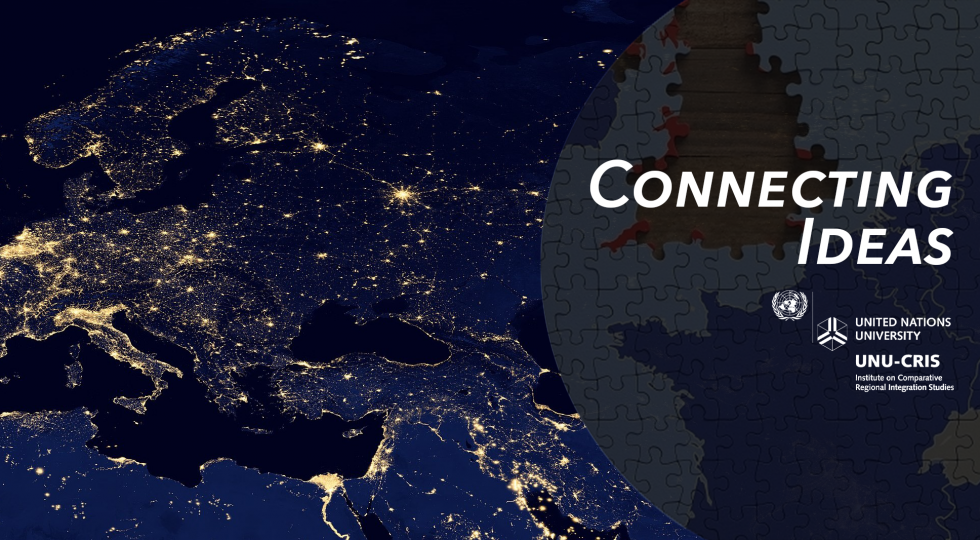
Monday, 19 August 2019
--
In his inaugural blog as new Director Ad Interim of UNU-CRIS, Luc Soete claims that CRIS is ‘hot’. This is something that I, as founding director of the Bruges campus of UNU, can only confirm. What’s more, UNU-CRIS is not only getting hotter by the day, it is also becoming cooler – its research focus is becoming increasingly entangled with the issues that are now on the radar of public opinion and policymakers, and dealt with on a daily basis by the press. The work of UNU-CRIS has never been as policy-relevant as today, but it wasn’t always so.
When we started operations in 2000, public opinion was paying hardly any attention to regional governance. I remember having to explain at great length why we devoted our time and energy to studying, for instance, regional trade agreements, customs unions or economic areas. To many, it seemed only a hyper-technical pastime for economists.
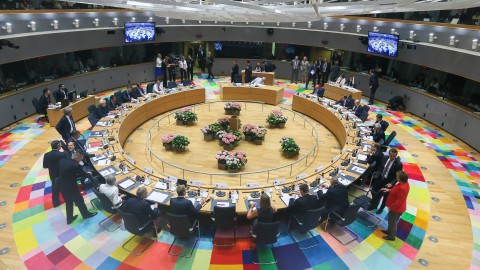
At the risk of boring you, what we are talking about is this: a free-trade area (FTA) abolishes internal tariffs and trade restrictions among the members of the FTA; a customs union establishes a common external tariff in addition; a common market adds further economic freedoms (movement of labour, services, and capital) to the free movement of goods; economic union includes the harmonization of macroeconomic and social policies; and total economic integration entails the unification of such policies under a supranational authority making binding rules and decisions for its member states.
Are you still with me? The case of Europe can perhaps make things clearer. The European Union (EU) and its Customs Union is in itself an FTA, although it is also much more. Then there is the European Economic Area (EEA) that includes all 28 EU Member States, plus Norway, Iceland and Liechtenstein. Together with Switzerland, the EEA members form the European Free Trade Association (EFTA). Furthermore, within the EU is the Eurozone, a monetary union. All of this is not to be confused with the Council of Europe that encompasses 47 members – including all EU Member States – and which does not touch upon free trade but deals with human rights. And of course, an EU body called the European Council also exists.
…did this help?
All of this has great societal relevance, as it is all about how economic (and political) governance is organised amongst different actors such as sovereign states, subnational regions such as Flanders, supranational regions such as the EU and also global institutions such as the UN. The question is twofold: what is best organised at which level? And how do the governance levels interact with each other? Looking for practical answers to these questions is exactly what drives UNU-CRIS. Remember - there is nothing more practical than a good theory, which makes UNU-CRIS not only a ‘hot’ place, but increasingly ‘cool’ for all those who want to learn about the implications of regional integration on local and global policymaking in the future.
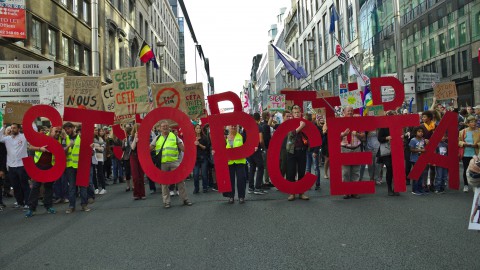
There are several reasons for these emerging long policy shadows cast by regional integration studies. One is that the local consequences of economic integration (cf. circular economy) are triggering more societal and environmental debates. This has recently been well illustrated by the vigorous debates in Belgium on participation in CETA, the Canadian-EU Trade Agreement. Stirred by the small region of Wallonia, grassroots groups started criticizing that agreement and, as a result, it got almost rejected. The CETA debate showed that attention to regional integration can no longer be the prerogative of national diplomats who decide on the basis of expert proposals (prepared by the European Commission), and then ask the Ministers of Foreign Affairs and the national parliaments to simply endorse their plans. The COREPER bubble (COREPER is Brussels-speak for the Committee of Permanent Representation to the EU) must open up to public debates.
Another reason for the increasing importance of these growing policy shadows is the interference between integration and nationalist and populist movements. From a nationalist perspective, any integration process entails a loss of sovereignty and is therefore despicable. From a populist perspective, integration is often pictured as imposing absurd rules to free trade and as detrimental to local jobs.
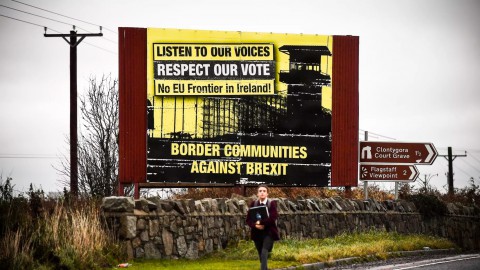
This is well illustrated by Brexit. Granted, the UK citizens voted to leave the EU and this needs to be respected, but the debates soon dealt with what comes instead. Experts were firm: the UK could never do without any preferential trade relations with the EU and its member states. Some favoured the Nordic model; others advocated a Swiss model. Gradually, trade agreements and their many varieties became almost household names for the interested public. Meanwhile, the popular press and the tabloids continued to spread mostly fake horror stories about how the EU imposes strange and absurd rules on the poor citizens of the UK. It also took a while to grasp that leaving the EU would pose a serious problem to the relations between Ireland and Northern Ireland within the UK. The peace agreement, reached under Tony Blair, was only possible because both parties were part of the EU. Furthermore, the EU has been very generous in investing millions of Euros to reinforce the peace along the Irish border.
Today, we have a UK Prime Minister that claims that the UK does not need an agreement with the EU. His US look-a-like, Donald Trump, immediately reposted that he would make sure that, very soon, there will be a trade agreement between the US and the UK. Thank you, Uncle Sam, but the reality is much more complex than this. A no-deal would, for instance, entail that Japanese car manufactures who assemble their cars in the UK would have to pay export taxes for the cars they want to sell in the EU.
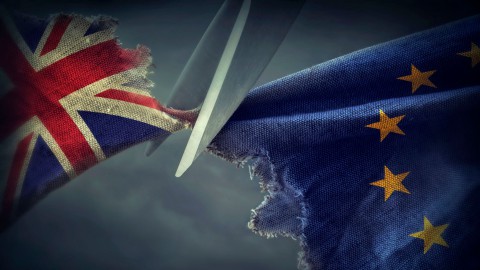
The above examples first illustrate that the partition of Europe, in sovereign states and governance regions such as Flanders, Wales or Catalonia, is not only challenging the old model of a world of states. Subnational regions are important actors too, as demonstrated by the CETA case. At the very heart of all this is the question – what place do subnational regions take in international negotiations? Secondly, it also demonstrates that the local economies of Europe, such as that of the UK, have a hard time regaining their ‘independence’ after years of integration. Regardless of what one thinks about Brexit, it is, in a way, a good demonstration of the success of the European integration process, as it has made clear that our economies are now so entangled that it is too late to reverse that process. So, if Brexit must go ahead, there will be a need for finding a new, workable kind of partnership between the EU and the UK. This will have to be an arrangement that either entails a customs union with the EU, or a customs union plus an association with the EU’s internal market. However, both solutions have already been rejected by the British Parliament. Some creative thinking will be needed to get out of the deadlock. This poses a challenge to all scholars of regional integration studies: UNU-CRIS knows what to do to live up to its hot and cool image!
------------------------------------------------------------------------------------------------------------------------------------------------------

Luk Van Langenhove is the founding director of UNU-CRIS.
He is currently a research professor at the Institute of European Studies at the VUB and senior associate research fellow at UNU-CRIS.
Contact: luk.van.langenhove@vub.be.
